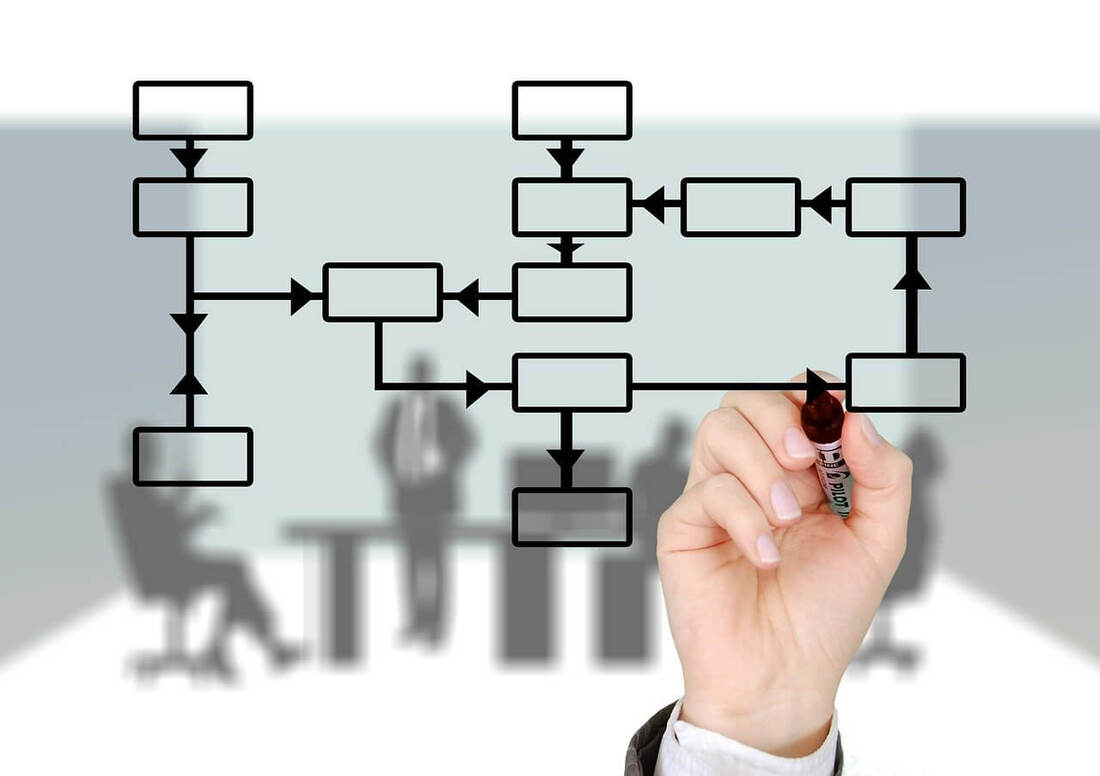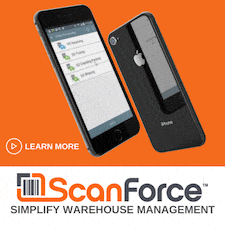Over the past decade, the average number of reporting employees has doubled, making it increasingly difficult for HR managers to keep up with paperwork. Luckily, the use of Performance Management Software software can simplify employees appraisals and performance reviews. Here are the top 5 things you should be looking for in performance management software.
Performance Management Challenges
Employee appraisals are a time-consuming process. A manager can expect to spend at least 210 hours a year on performance reviews and other related activities, such as filling out forms and delivering evaluations. Even so, most managers do not find employee appraisals to be as accurate as they should be, which can be frustrating, as tedious as they are.
Staying current with goals and maintaining ongoing, detailed notes between appraisal periods is crucial for accuracy; without either, managers often fly blind. This vital step is frequently skipped over, however, but for a good reason.
Staying current with goals and maintaining ongoing, detailed notes between appraisal periods is crucial for accuracy; without either, managers often fly blind. This vital step is frequently skipped over, however, but for a good reason.
5 Critical Features
1. Reviewer Flexibility
Great performance management software should give you options as to whom should be involved in the appraisal process. The choices should at least include supervisor-only appraisals, peer appraisals, 360 appraisals, and there should be an option to select custom appraisal reviewers with a list of your choice of employees.
2. Configurable Appraisal Routing Process
The ability to customize an appraisal workflow is essential to most management teams. Depending on your organization’s role arrangement, an appraisal may need to go through a few approval levels, including the supervisor, the employee, and even HR. A streamlined performance management software will give you the ability to have the necessary approval levels, and it should make it as easy as possible to send the appraisal to the appropriate employees.
3. Goal Management
Managers and employees alike should be able to define individual goals (of a professional or personal nature) for a holistic development plan. These same future goals and objectives should be set to appear on the next appraisal for easy assessment and follow-up, which would simplify the process even further.
4. Journals
Maintaining ongoing, detailed notes is crucial for accuracy within employee appraisals, but can amount to too much paperwork. Having a performance management software that allows managers and their employees to record notes on goals and performance between their appraisal cycles reduces and eases that part of the process; not to mention, it makes feedback more accurate.
5. Integration
Perhaps most significantly, a performance management software should have the ability to integrate with any HR or payroll software. A performance management software integration that only pairs with a few choice HRMS systems usually does not make for easy deployment or consistent user-experience, and if your payroll needs change, you are tied to your current solution, rather than having the flexibility in keeping your current performance management system.
Great performance management software should give you options as to whom should be involved in the appraisal process. The choices should at least include supervisor-only appraisals, peer appraisals, 360 appraisals, and there should be an option to select custom appraisal reviewers with a list of your choice of employees.
2. Configurable Appraisal Routing Process
The ability to customize an appraisal workflow is essential to most management teams. Depending on your organization’s role arrangement, an appraisal may need to go through a few approval levels, including the supervisor, the employee, and even HR. A streamlined performance management software will give you the ability to have the necessary approval levels, and it should make it as easy as possible to send the appraisal to the appropriate employees.
3. Goal Management
Managers and employees alike should be able to define individual goals (of a professional or personal nature) for a holistic development plan. These same future goals and objectives should be set to appear on the next appraisal for easy assessment and follow-up, which would simplify the process even further.
4. Journals
Maintaining ongoing, detailed notes is crucial for accuracy within employee appraisals, but can amount to too much paperwork. Having a performance management software that allows managers and their employees to record notes on goals and performance between their appraisal cycles reduces and eases that part of the process; not to mention, it makes feedback more accurate.
5. Integration
Perhaps most significantly, a performance management software should have the ability to integrate with any HR or payroll software. A performance management software integration that only pairs with a few choice HRMS systems usually does not make for easy deployment or consistent user-experience, and if your payroll needs change, you are tied to your current solution, rather than having the flexibility in keeping your current performance management system.
Conclusion
While all of these features are imperative to have in performance management software, they are not the only features that are necessary and time-saving. Look for software that has all of these things and more to make your appraisal process as efficient as possible. If your current performance management software does not meet all your needs, contact us to help identify your company’s needs and ensure that your next appraisals are the easiest ones yet!
Guest Article by LightWork™ Software
This article is a guest post brought to you by LightWork Software. The company makes the HR experience easy and valuable to your organization, turning the overwhelming task of managing employees into an essential business strategy with dynamic talent management and simple timekeeping.
This article is a guest post brought to you by LightWork Software. The company makes the HR experience easy and valuable to your organization, turning the overwhelming task of managing employees into an essential business strategy with dynamic talent management and simple timekeeping.


